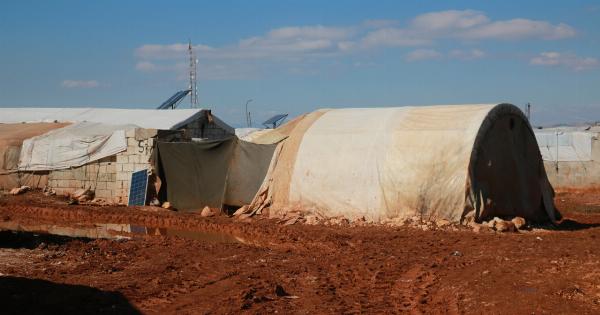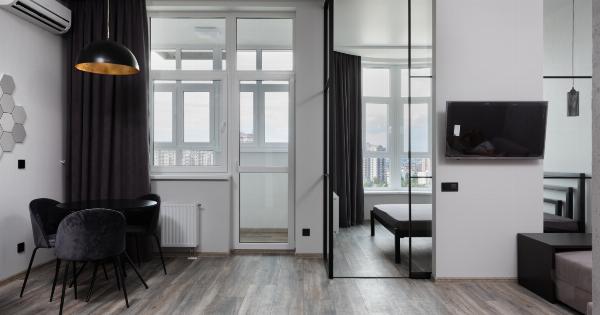There is no denying that air conditioning has become ubiquitous in most urban areas around the world. It has become a must-have technology in offices, homes, shopping malls, schools, hospitals, and other public places.
It is estimated that around 90% of American households have air conditioning installed. But have you ever thought about the impact of air conditioning on human health? While air conditioning can provide many benefits, there are also some negative impacts that ought to be considered.
The Benefits of Air Conditioning
First, let us explore the benefits of air conditioning. The most obvious benefit is the relief from heat and humidity. Air conditioning units can provide a comfortable and controlled indoor temperature, which is especially important during summer months.
This can prevent heat-related illnesses, such as heat exhaustion, dehydration, and heat stroke. In addition, air conditioning can also provide relief for people with respiratory problems such as asthma or allergies.
By filtering out dust, pollen, and other airborne particles, air conditioning can improve air quality, preventing exacerbation of respiratory problems.
Another benefit of air conditioning is its ability to reduce indoor humidity. High humidity levels can cause damage to buildings, furniture, and other household items.
It can also lead to mold growth, which can cause health problems such as nasal congestion, coughing, and wheezing. Air conditioning can help to maintain a comfortable and dry indoor environment, reducing the risk of mold growth and moisture-related health problems.
The Negative Impacts of Air Conditioning
Despite the benefits of air conditioning, there are also some negative impacts that ought to be considered. The first negative impact is energy consumption.
Air conditioning units consume a significant amount of electricity, which can lead to increased greenhouse gas emissions and contribute to climate change. In addition, the high energy consumption of air conditioning can also be a significant financial burden for low-income households, who may struggle to pay their energy bills.
Another negative impact of air conditioning is its effect on skin and eyes. Exposure to cold air from an air conditioning unit for prolonged periods can dry out the skin and eyes, leading to irritation, dryness, and itching.
This can be especially problematic for people with sensitive or dry skin. In addition, air conditioning units can also spread germs and bacteria, which can lead to skin and eye infections.
In addition, air conditioning can also have negative impacts on mental health. Artificially cooled environments can lead to feelings of isolation, depression, and lack of motivation.
This is because exposure to the same controlled environment for long periods can become monotonous and lead to anxiety and boredom. This can be especially problematic for people who spend long hours in air-conditioned workplaces or homes, who may suffer from a lack of mental stimulation.
The Importance of Proper Maintenance
While there are negative impacts of air conditioning, many of these problems can be addressed through proper maintenance of air conditioning units.
Regular servicing and cleaning of air conditioning units can prevent mold growth, reduce energy consumption, and improve indoor air quality. In addition, using air conditioning units in moderation and using energy-efficient models can help to reduce greenhouse gas emissions and the financial burden on low-income households.
Conclusion
Overall, air conditioning can provide many benefits, such as relief from heat and humidity and improved indoor air quality.
However, there are also negative impacts that ought to be considered, such as energy consumption, dry skin and eyes, and negative impacts on mental health. Proper maintenance of air conditioning units can help to mitigate these negative impacts, making air conditioning a safe and comfortable technology for people to use.






























